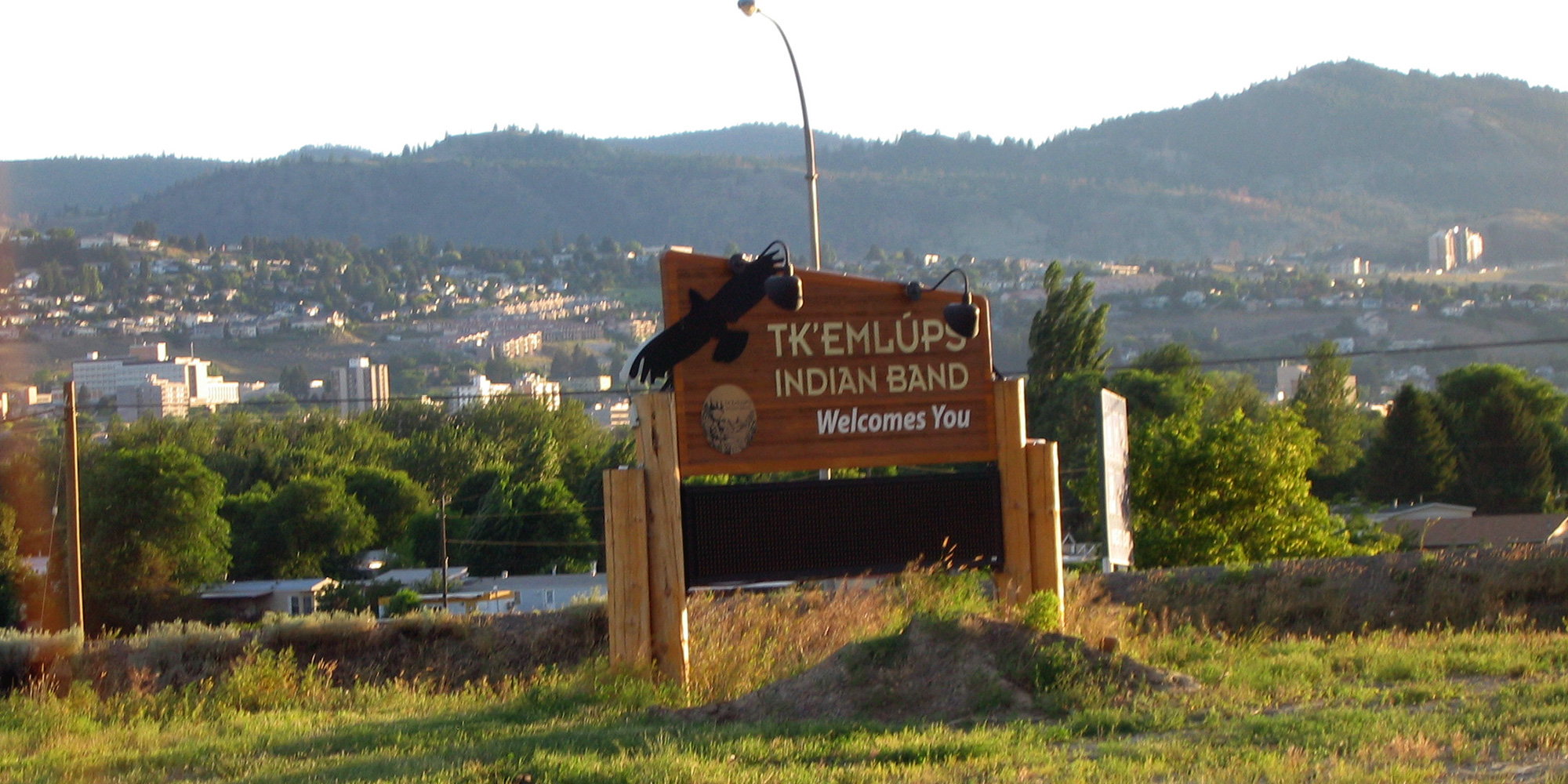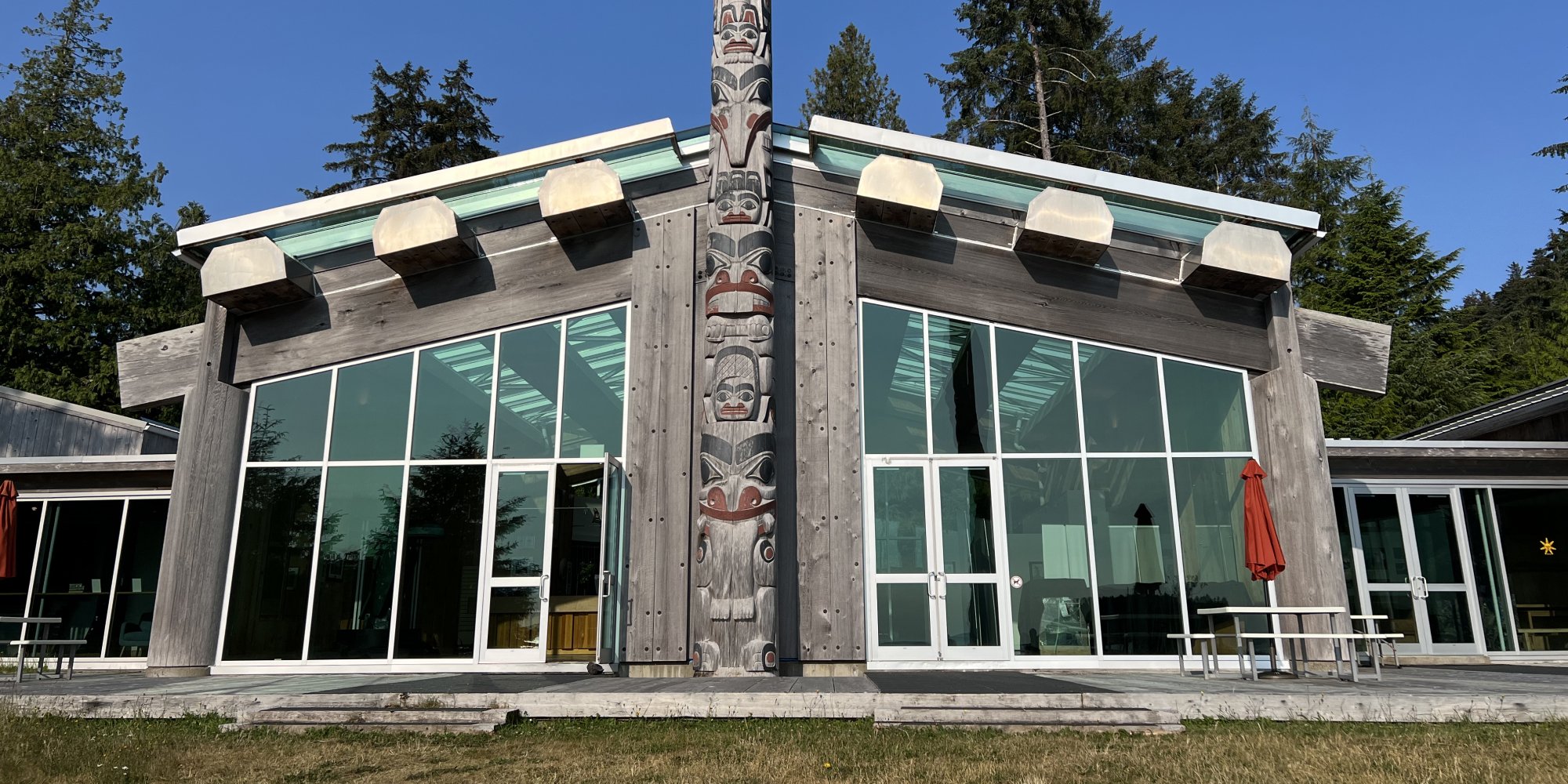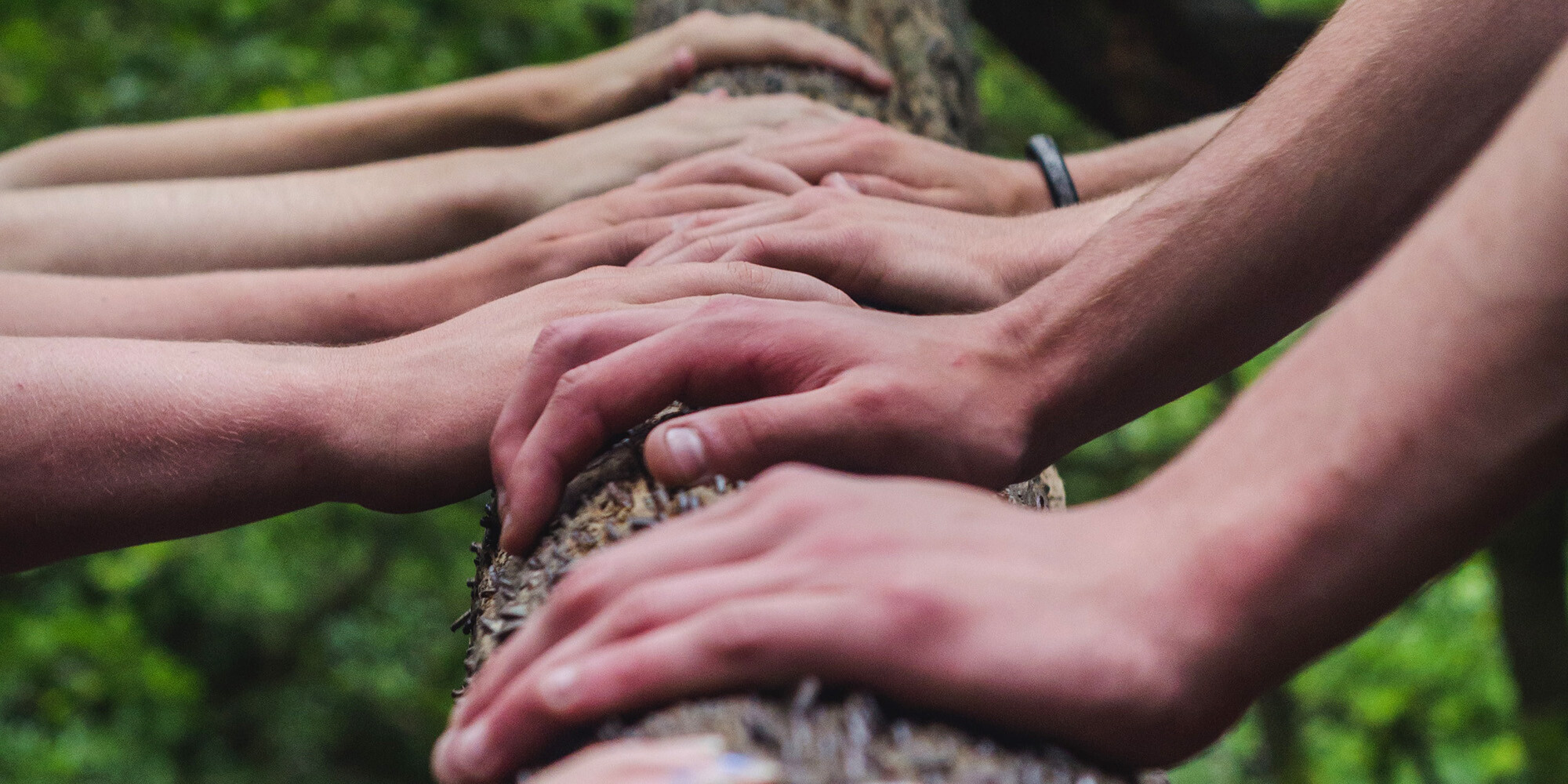Indigenous Name-Dropping - The Dead Cat Bounce
The funny thing about building effective relationships and Indigenous name-dropping is that unless you are very sure of your audience, you can have...
2 min read
Bob Joseph April 20, 2015

Here at Indigenous Corporate Training Inc., we get lots of questions from our blog visitors. A very common one is “Does your online, webinar, onsite, or public training answer specific questions about specific communities?” Below is an example of one such interaction with the answer to the question provided further down.
"I have been trying to build relationships with people from a local community via email. However, I notice that I get almost no answers to my emails, and I am wondering how I should interpret this: not the community-preferred way to build relationships with others or is email communication slower for responses? I would like to avoid doing something inappropriate that could undermine the relationship I am trying to build."
I asked a friend who has been involved in community work about the questions posed and what follows is a partial reply:
One of the things right away that jumps out at me is the question or statement about trying to contact the people of our community. Many people who can provide answers to the questions probably don't know how to use a computer, or don't have one, or don't know how to use the internet, let alone email, or many of the other communication services.
That being said, if they do have all of the above they are probably inundated with inquiries from around the world. I know I get lots of questions, and sometimes it is overwhelming to try and keep up, thus my withdrawal from social media. So I hope people don’t take it too personally, they just don't have the resources to answer everyone all the time.
One of the other things that I noticed when doing community work is that most of our people don't feel it is their place to speak about our culture, so they won’t answer culture-related questions.
The answer provides some great insights into barriers and issues. First technology is a barrier. Second, communities are “inundated” by such requests. Especially given the requirement of consultation, community resources are stretched thin with inquiries from Indigenous Relations specialists, developers, all levels of government, videographers, anthropologists, students, and more. It may take time to build relationships.
So, does our onsite training answer specific questions about specific communities? In our online, webinar, onsite, or public training, if we have recent relevant experience with the community in question, we will provide answers. If not, our teaching philosophy is to show people how to do the research and relationship-building themselves, in a respectful way, by providing insights, hints and tips. There are 600 individual communities in Canada. It would be difficult for one person to fully know about one culture let alone be familiar with all the diversity represented by the 600 communities.
If I were talking to company or government people, who make up a large part of our customer base, I would encourage them to find a way to hire someone from the specific community who would be willing to help out with such questions and services. Perhaps a phone call or email to the community looking to hire someone with a simple service contract to act as a community advisor and help with cultural questions and research.
Featured photo: Bob Joseph, ICT

The funny thing about building effective relationships and Indigenous name-dropping is that unless you are very sure of your audience, you can have...

We recently revealed the cover of Indigenous Corporate Training, Inc.’s Co-founder and President Bob Joseph’s new book, 21 Things™ You Need to Know...

Long before the arrival of Europeans, confederation, and the imposition of the Indian Act, Indigenous communities were self-determining. They decided...